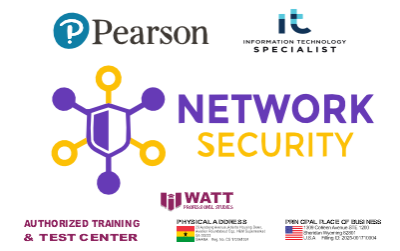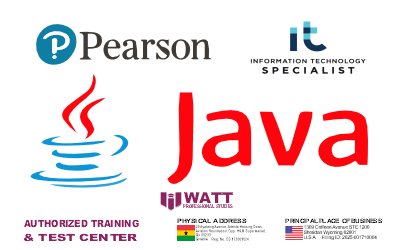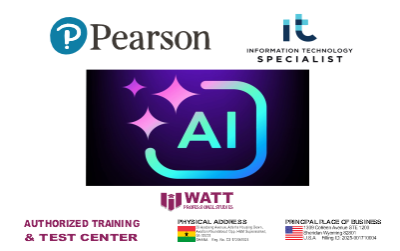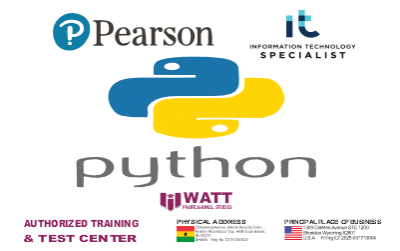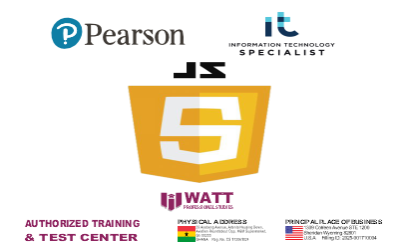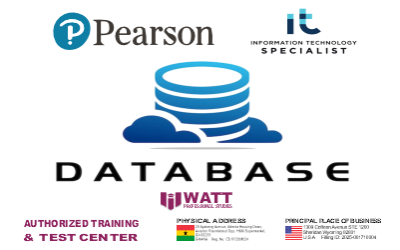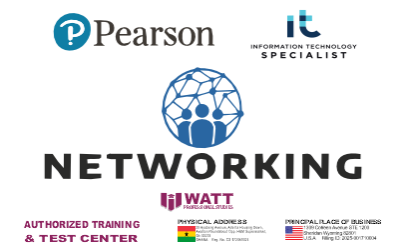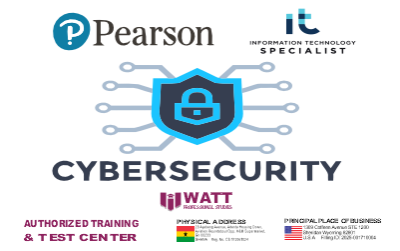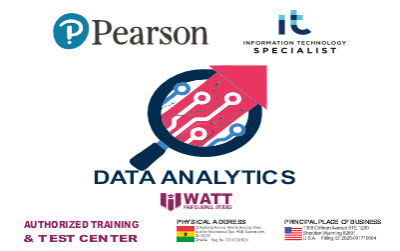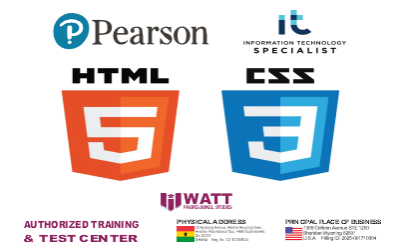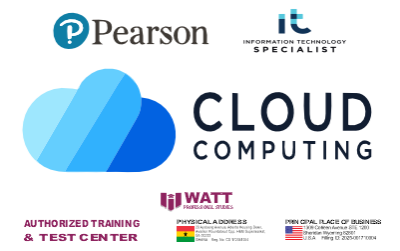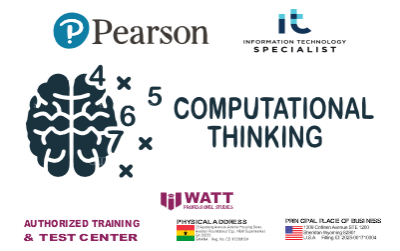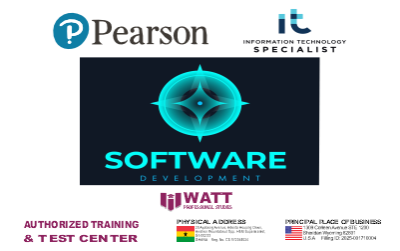Watt Fiedin Adams
I am a Ghanaian businessman living in Accra. I am married to Hannah Watt Fiedin (Mrs.) and father to Godstime Watt Fiedin.
I am very passionate about Entrepreneurship and aim at creating jobs for the youth.
I like teaching and creating teaching contents for others to use.
Jesus is my Mentor and Inspiration.
I am a Ghanaian/American businessman living in Accra and father to Godstime Watt Fiedin.I am very passionate about Entrepreneurship and aim at creating jobs for the youth.I like teaching and creating teaching contents for others to use.Jesus is my Mentor and Inspiration. - 18 years of teaching experience in French Language.- 3 years in Economic Business- 3 years Certified Interpreter/Translator, World Vision International, Ghana, West Africa Region & Global Center- 2 years Certified Translator, HIPPO Transport Ltd.- 3 years of French/English book Authorship.- 1 year as President of the Online Linguistics Trainers Association, Ghana.- 3 years as Chief Executive Officer, WATT Group of Companies- Director, WATT E-School of Languages- President, Online Linguistics Trainers Association, Ghana- President, WATT Xpress Ltd.- Co-founder, Gallery Products Ghana Ltd.- CEO, WATT Publications Ltd.- Interpreter, Lausanne Movement- Co-founder, WATT E-School- C. E. O. / Founder - WATT Professional Studies LLC- Test Administrator (PSI & Pearson VUE)

